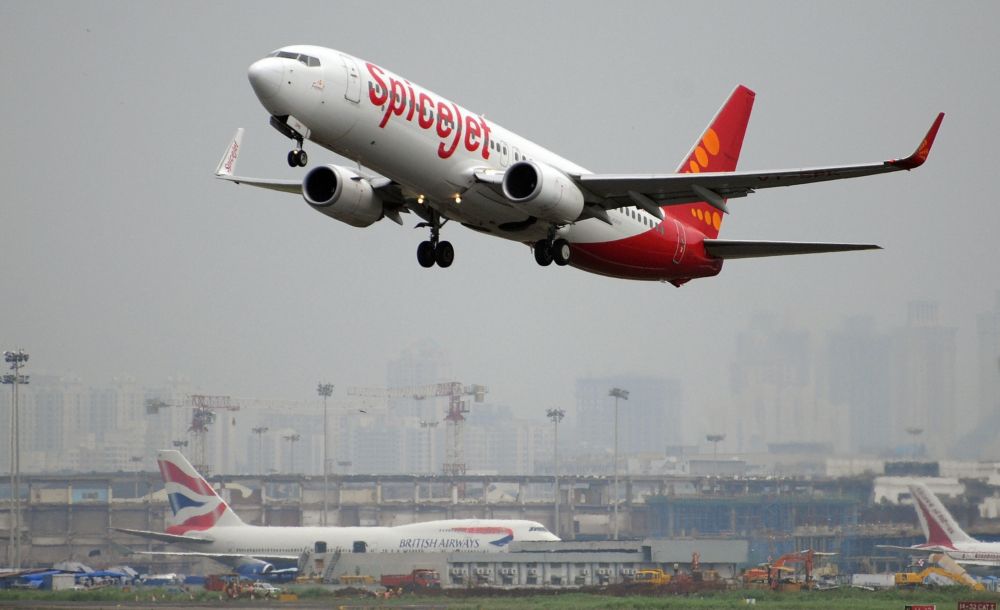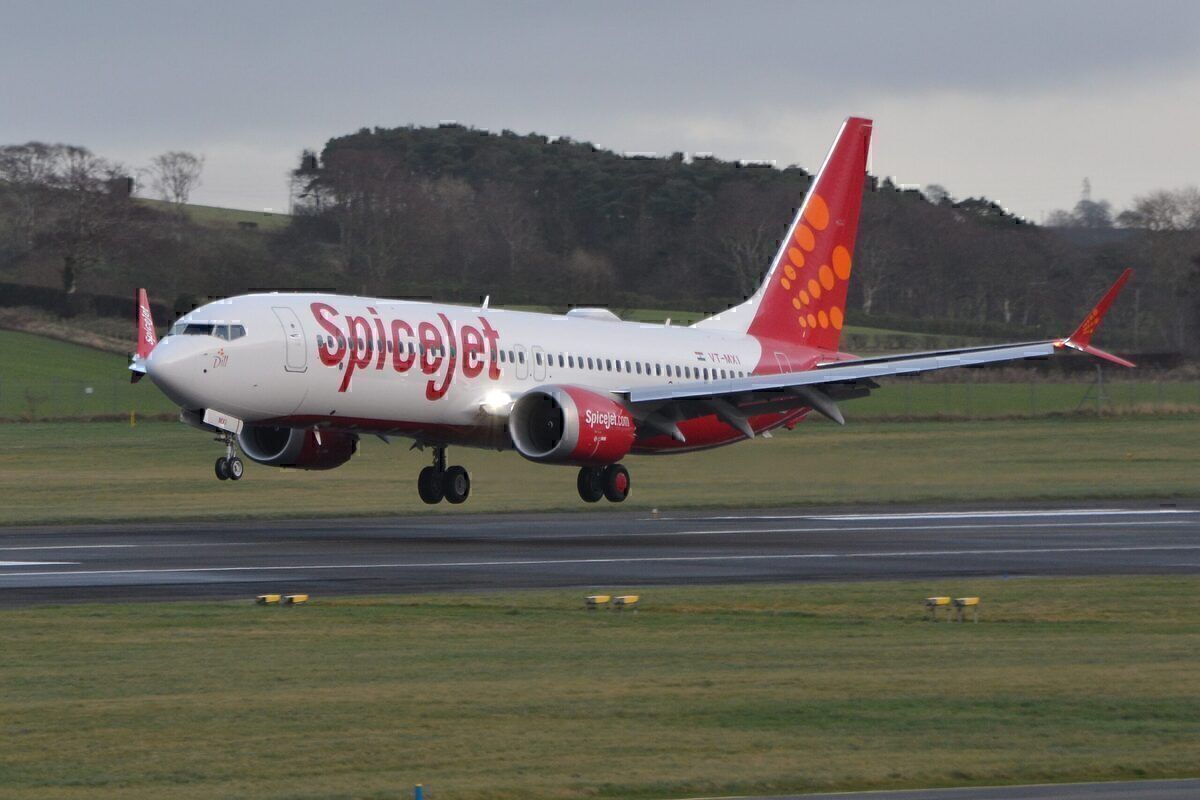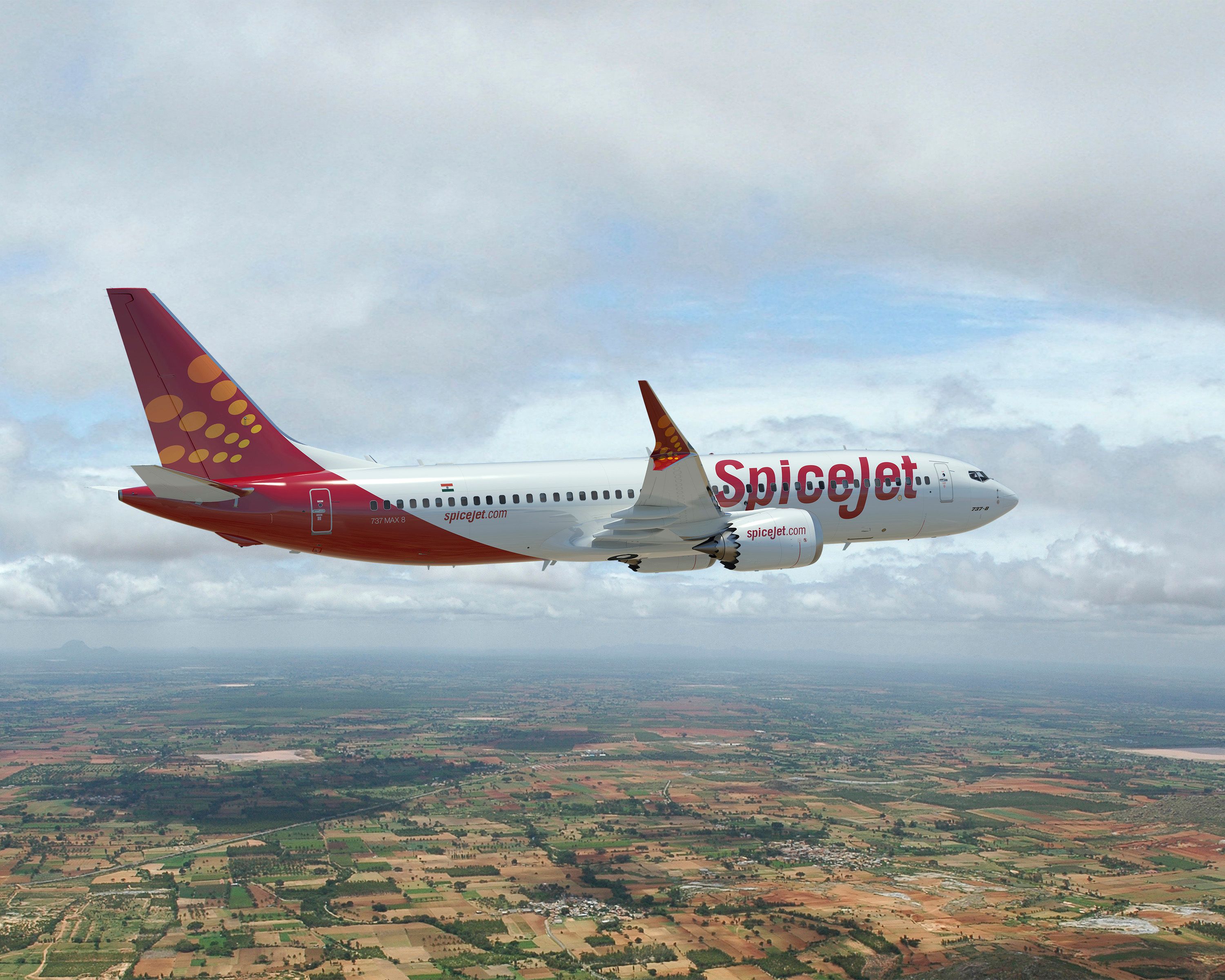A few days after SpiceJet had to restrain 90 pilots from operating the Boeing 737 MAX aircraft, the Directorate General of Civil Aviation (DGCA) - India's aviation regulator, has issued show-cause notices to the Indian budget carrier.
Inadequate training
The show-cause notices were also issued to the pilot training organization, CAE Simulation Training Private Limited (CSTPL), for not providing sufficient training to the pilots on the Boeing 737 MAX simulators.
It would be shocking that the training organization was also issued a show-cause notice because the DGCA had found the stick shaker in the simulators provided by CSTPL to be non-functioning when the identified 90 pilots were being trained.
Such a finding proved to be a significant safety flaw. The pilots would not have been able to identify what the stick shaker was doing and why if it happened in real-life operations, resulting in possible improper reactions that could prove fatal.
Aircraft under scrutiny
In light of an Ethiopian Airlines Boeing 737 MAX aircraft crash back in 2019, the DGCA had grounded all of the fleets in India. The ban was only lifted in August last year once the DGCA was satisfied with Chicago-based aircraft manufacturer Boeing's necessary software rectifications in the aircraft.
However, the lifting of the Boeing 737 MAX ban had additional requirements - one of which called for proper pilot training on the simulators.
Discover more aviation news here.
And after the crash of China Eastern Airlines Flight 5735, which involved a Boeing 737-800 aircraft, the DGCA increased its surveillance of all approved organizations and areas of activities under its regulatory control.
The areas covered included the airlines themselves and aircraft maintenance organizations, design and manufacturing organizations, flying training institutes, and maintenance training institutes - specifically for the entire Boeing 737 family aircraft fleet operated by all Indian airlines.
Resolving for compliance
According to the DGCA, the type of observation found on the safety negligence of both SpiceJet and CSTPL would be classified as Level 1 - defined as any significant non-compliance with the applicable requirement, which lowers the safety standard and seriously hazards flight safety.
This is why as far as the DGCA actions are considered, the selected 90 pilots will have to be retrained, as emphasized by DGCA Director-General Arun Kumar:
"The regulator will be taking strict actions against those found responsible for any lapse and the pilots will have to undergo training in a proper manner again on the MAX simulator."
Should SpiceJet not adhere to the corrective action plan outlined and agreed upon with the DGCA, the regulatory body might have to resort to enforcement action, possibly resulting in the once-again banning of the Boeing 737 MAX aircraft.
A hindering problem for SpiceJet
It comes as a more significant blow to SpiceJet than initially expected. The budget carrier is the only Indian airline to operate the Boeing 737 MAX aircraft type and has more than 140 pilots to work on the 11 in its fleet.
Nonetheless, SpiceJet is remaining optimistic as it said in a statement:
"We have received a communication from the regulator on the matter and the airline shall submit its reply within the specified period. We would like to reiterate that the safety and security of our operations and passengers are of utmost importance which is manifested in our outstanding track record. None of our operations are compromised and they are in line with the international safety standards."
Otherwise, the pilots of SpiceJet will still be allowed to continue flying other Boeing 737 aircraft operations.
Source: Republic World



